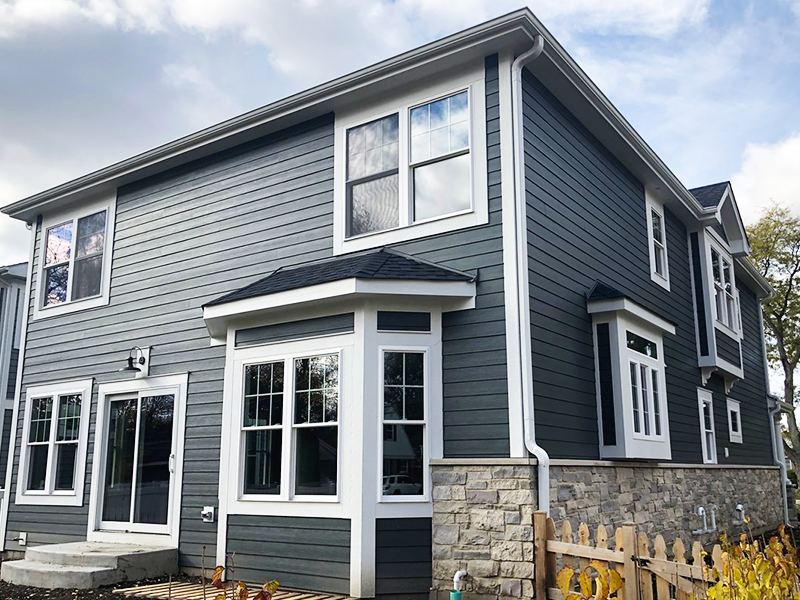
When we evaluate a property, the structure and its location plus other factors are taken into consideration when preparing an estimate. To keep it simple, this is why we have decided to only list the advantages of vinyl siding. So, when considering siding options for your home or remodel, take a look at the many advantages of modern vinyl siding.
This guide will help in deciding on which vinyl products to clad residential properties:
Affordable & Cost-Effective
Vinyl siding remains one of the least expensive options for exterior cladding. The instillation is fast and inexpensive, so is vinyl’s lightweight and interlocking design.
Virtually no maintenance
Aside from cleaning as needed. Most homeowners take care of this during warm months with a garden hose or a gentle-pressure power washer.
Highly customizable and versatile
To match your individual specifications. Easily mimics any texture, even wood.
Coloring Process & Fading
The color is infused with the vinyl itself so it cannot flake or chip and you paint when you decide to change the color. The goal is to install an attractive product that will last for years. Overtime UV rays will fade unprotected vinyl, so selecting anti-weathering protection can help add extra benefits. So, it is to the owner’s advantage to pay a little extra upfront for a quality product. At the minimum:
- Choose a product that has color throughout the panel
- Look for siding containing titanium dioxide
- Select high-quality pigments
Thickness
The thickness of siding which is key when selecting vinyl siding. It is the first way to differentiate cheap siding from higher-grade materials. The depth prevents sagging plus provides better impact resistance and durability. The thicker the gauge, the thicker the siding, the longer it will last – in many cases, it can last more than 40 years. Vinyl is measured in mils, or thousandths of an inch. For example, a 0.038” is an economy grade siding; whereas, 0.048” is premium grade siding.
Materials
The materials composition and manufacturing process determines its strength, rigidity and durability. Poly Vinyl Chloride (PVC) is the primary ingredient in vinyl siding. Higher-grade siding has acrylics applied to the top layer to make it durable. Some of the top vinyl siding compositions include:
- Regrind: made from ground up, repurposed, melted plastic, usually the cheapest material and least expensive. The finished color is applied to the front that is why this type of vinyl siding is known as “gray back” because of its gray-color backing.
- Recycled PVC: made from slightly higher-grade materials of pure repurposed PVC products.
- Virgin PVC: made from original polyvinyl chloride. It is much more stable, resilient and durable. This should be the minimum-quality level siding installed on a home.
- Virgin PVC + Additives: made with additives such as UV stabilizers, hardeners and other chemicals to increase performance of vinyl siding. Various types and ratios of these additives determine the quality of siding.
- Acrylic Capped Vinyl: made with acrylic at the core with a vinyl exterior.
Insulation
Foam backing increases the strength of siding and enhances insulating properties. Also, it reduces heating and cooling costs. Insulated vinyl siding covers wall studs which reduces heating and cooling transfer. It keeps your home warmer in winter and cooler in summer without increased use of your HVAC system, reducing utility bills.
Warranty
The highest-quality siding products are backed by lifetime-limited warranties against manufacturing defects. Look for a product with at least a 25-year guarantee. In some cases, the lifetime warranty can be transferred to the next homeowner. However, some warranties are prorated. The longer a siding lasts, the less the manufacturing company will pay to fix the damage. The manufacturer may only offer to re-coat the siding instead of replacing damaged sections. Read the fine print because most warranties only pay for the product.
In summary, the main advantages of vinyl are its low cost and ease of installation combined with its low maintenance. All factors should be weighed carefully against the above benefits. Every siding has some cons and we discuss all pros and cons with each client. Selecting vinyl siding is based on individual needs, location, house type, structure, house style, budget, etc.
Lastly, we review with the homeowner other types of siding and cladding solutions. We offer a wide selection of vinyl siding to personalize your home or business, including insulated vinyl as a green siding option for your energy efficient home. Choosing a contractor’s expertise and experience are essential to a quality installation. The key reason is the material. Vinyl expands and contracts and even the most expensive materials will buckle and warp if they are not installed correctly.
Do you have additional questions? Learn more here.
Ready to get started? Contact us today for a vinyl siding estimate.
Tags
Subscribe to Pro Home 1's Blog




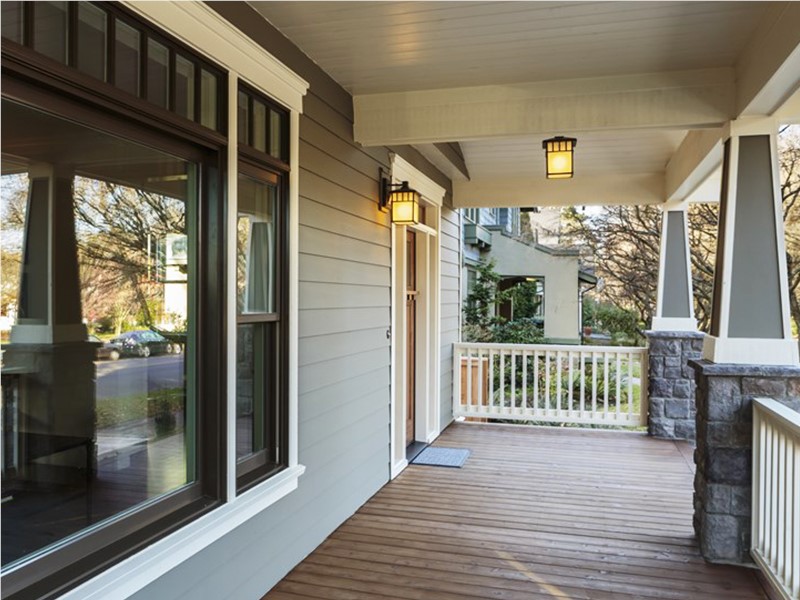

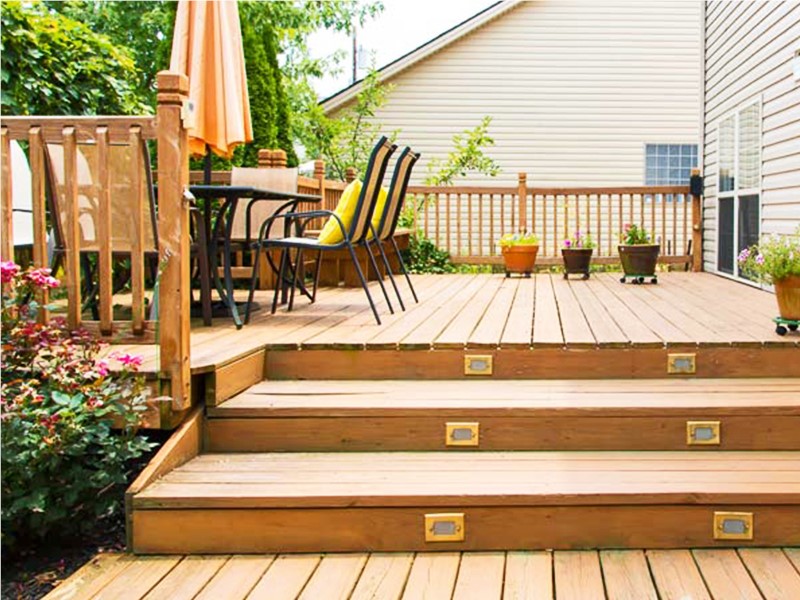
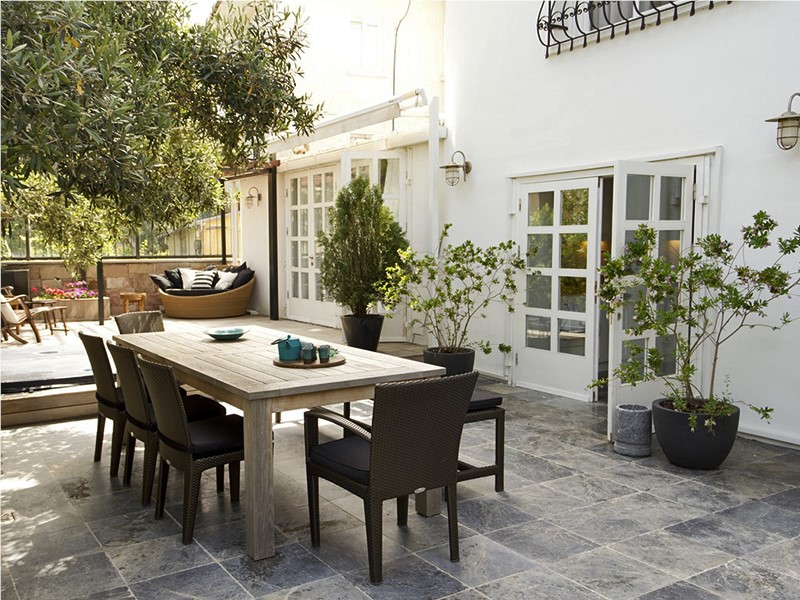
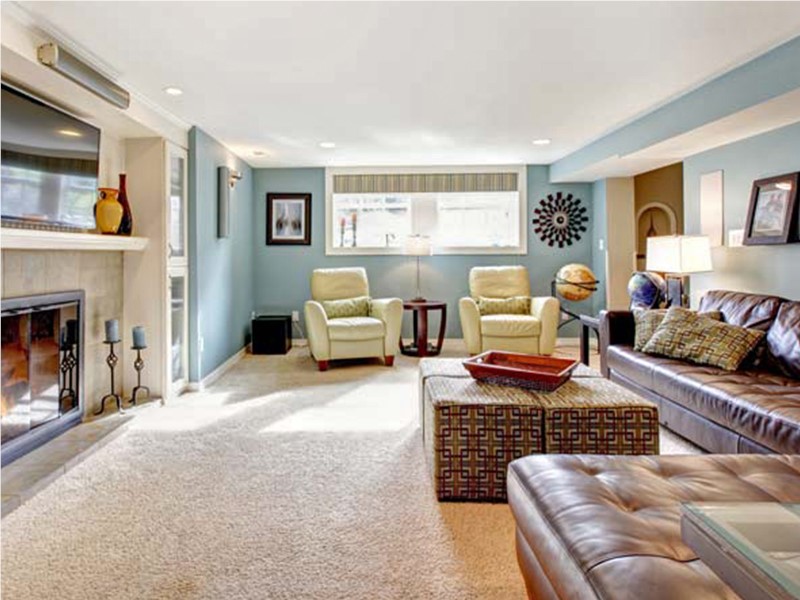
Comments